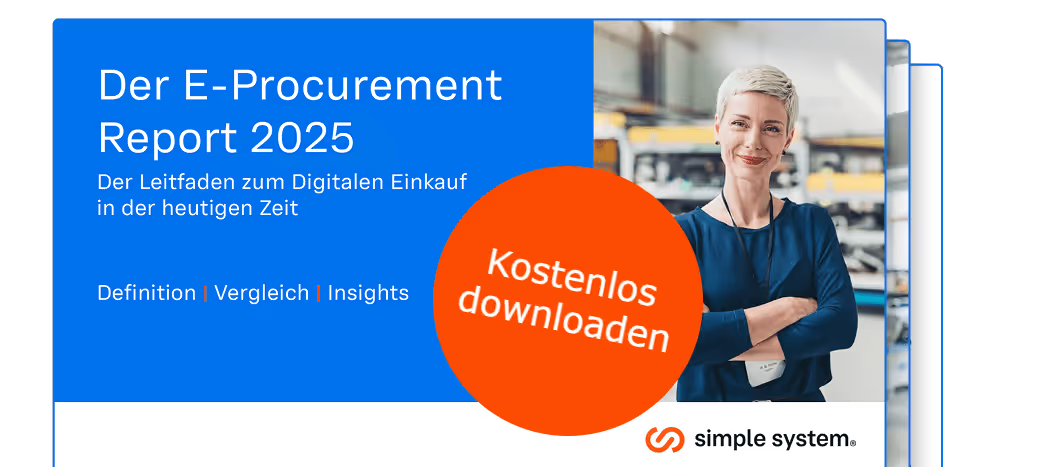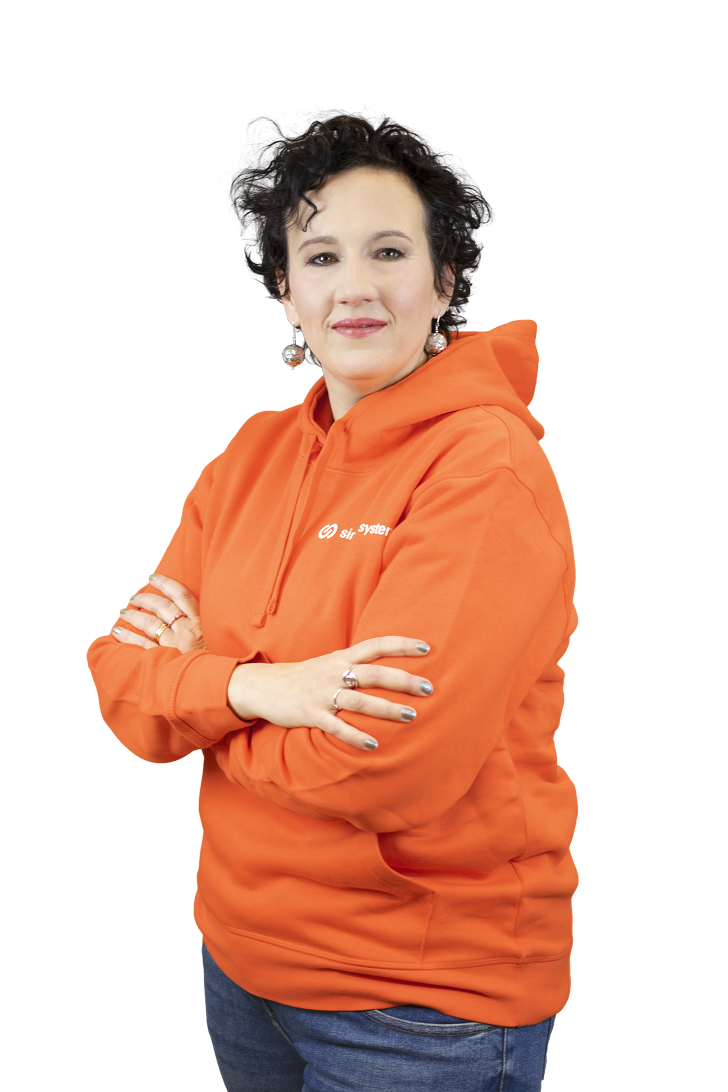Germany does not have the reputation of being at the forefront of digitization worldwide. This is also underlined by the European Commission's eGovernment Benchmark 2022, in which Germany finished 21st out of 35 places. It is often established medium-sized companies that have difficulties modernizing traditional business processes. Isabelle Coudert, who heads supply chain management at WILKA Schliesstechnik, demonstrates, however, that digitizing purchasing can serve as a first step.
A lot of tradition and a lot of modernity from Germany's key region
For over 150 years, WILKA Schließtechnik GmbH has been producing a wide range of locking products, including cylinders, locks and, more recently, electronic access controls. The family business is in its sixth generation and is based in Velbert, a key region for locking and security technology worldwide. Isabelle Coudert, who heads supply chain management, played a decisive role in digitizing purchasing. She successfully introduced the “simple system” procurement platform, which she had already used in her previous professional career.
Create acceptance for new processes
WILKA is known for quality in the region, and many employees come from the surrounding area. The corporate culture emphasizes the familial atmosphere and respectful treatment of employees. Isabelle Coudert was particularly keen to convince her colleagues of the new solution. She found support from her team leader in purchasing, who already had experience with simple system. Since the connection was free of charge, there were no financial hurdles.
Today, employees also benefit from streamlined processes and less effort. With the procurement platform, orders are no longer just reserved for the purchasing department. Today, foremen from production, for example, can convert their requirements directly into an order that is checked once by the purchasing department and then approved in the system.
Approval processes can enable more employees to order their own where materials are required and the burden of purchasing can be relieved. Controlling also has more options and can evaluate orders more specifically. In the future, the company wants to connect simple system to the company's own ERP in order to exploit its full potential and automate processes even further. The procurement platform not only enables more efficient order processing, but also enables employees outside the purchasing department, such as production foremen, to place their own orders. Clear approval processes and future integration into the company's own ERP system should further drive automation forward.
More time for further digitization projects
Isabelle Coudert sees the introduction of simple system as a door opener for further digitization projects. Relieving the burden on the purchasing team makes it possible to focus on core projects that promote company growth. This shows that even traditional medium-sized companies can successfully drive digitization forward without incurring high costs.
Open-minded for the future
Ms. Coudert does not regard complete digitization as the main goal, but wants to show in general that long-established family businesses can also take modern paths. The company continuously invests in the training of young professionals and emphasizes the importance of highly committed employees for the success of the company.

Einkaufen & sparen
Erfahren Sie, wie es geht, in unserem kostenlosen E-Procurement-Report. Jetzt kostenlos und unverbindlich herunterladen.
Jetzt lesen





.jpeg)



